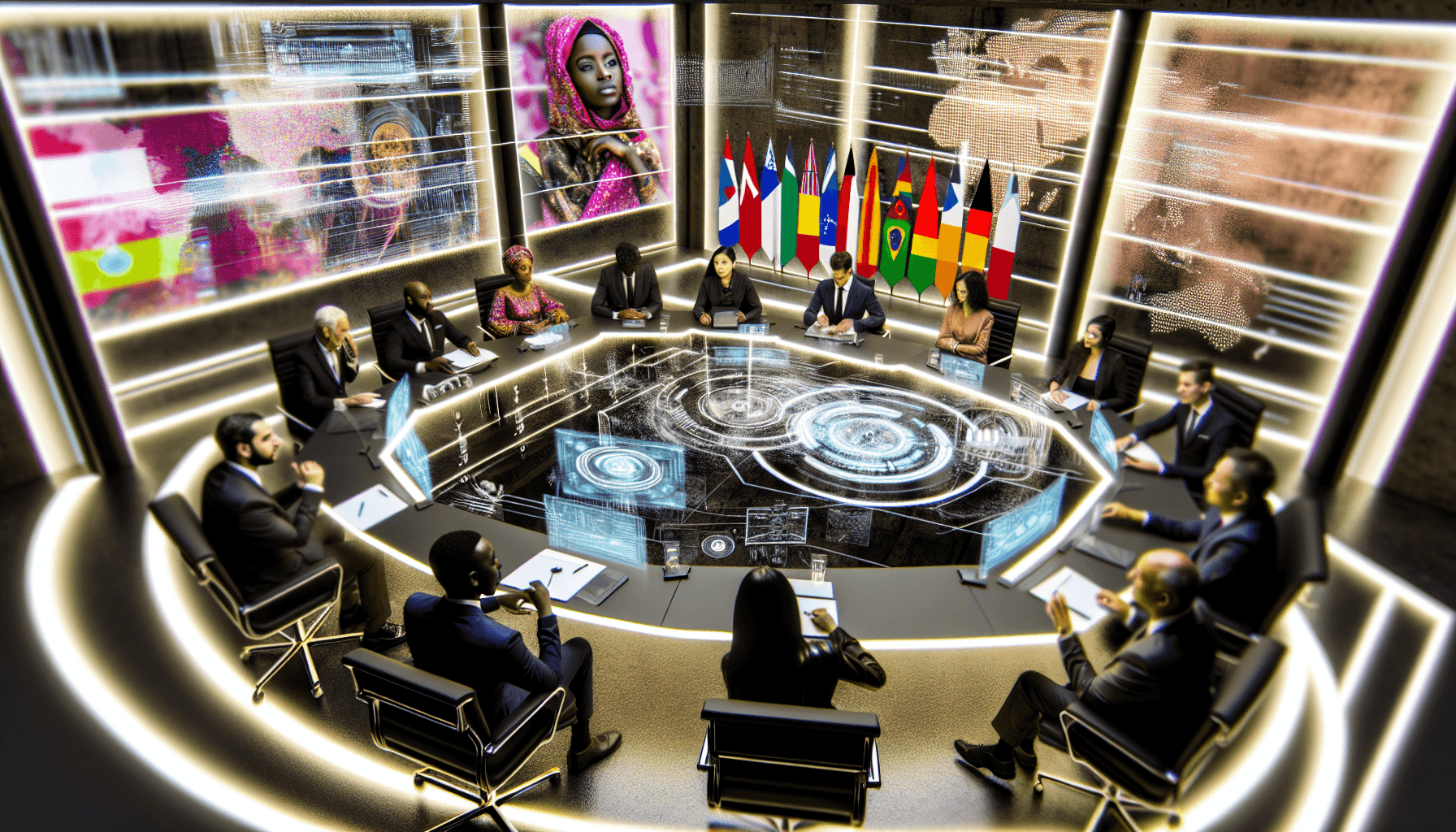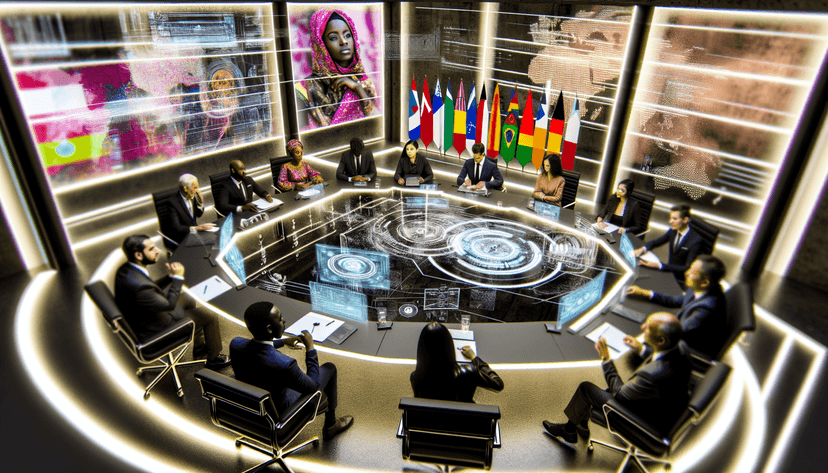South Korea is in the spotlight as it hosts an international summit focused on the use of artificial intelligence (AI) in military settings.
Over the course of two days, leaders from more than 90 countries gather in Seoul to discuss creating guidelines for responsible AI use in defense.
The event, which began on Monday, September 9, 2024, includes representatives from major nations like the United States and China.
This summit is the second of its kind, following last year’s meeting in Amsterdam where countries agreed on a basic call to action without any legal commitments.
Now, the discussions in Seoul aim for a more detailed plan for how AI can be employed in military contexts.
During his opening speech, South Korean Defence Minister Kim Yong-hyun discussed the advantages and risks associated with using AI in warfare.
He pointed to the ongoing conflict between Russia and Ukraine as an example, noting how AI-powered drones used by Ukraine have gained significant tactical advantages.
Kim stated, “As AI is applied to the military domain, the military’s operational capabilities are dramatically improved. However, it is like a double-edged sword, as it can cause damage from abuse.”
The summit’s agenda includes important topics such as making sure AI usage follows international laws and ensuring that autonomous weapons do not make life-or-death decisions without human involvement.
South Korean Foreign Minister Cho Tae-yul emphasized the necessity for responsible AI development in military applications.




